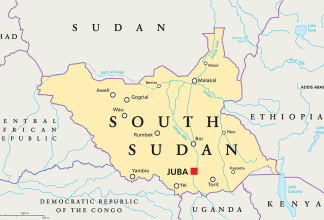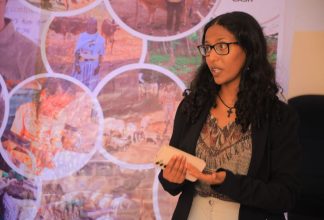These champions do not need to know taekwondo: 10 life-saving tips from human rights defenders
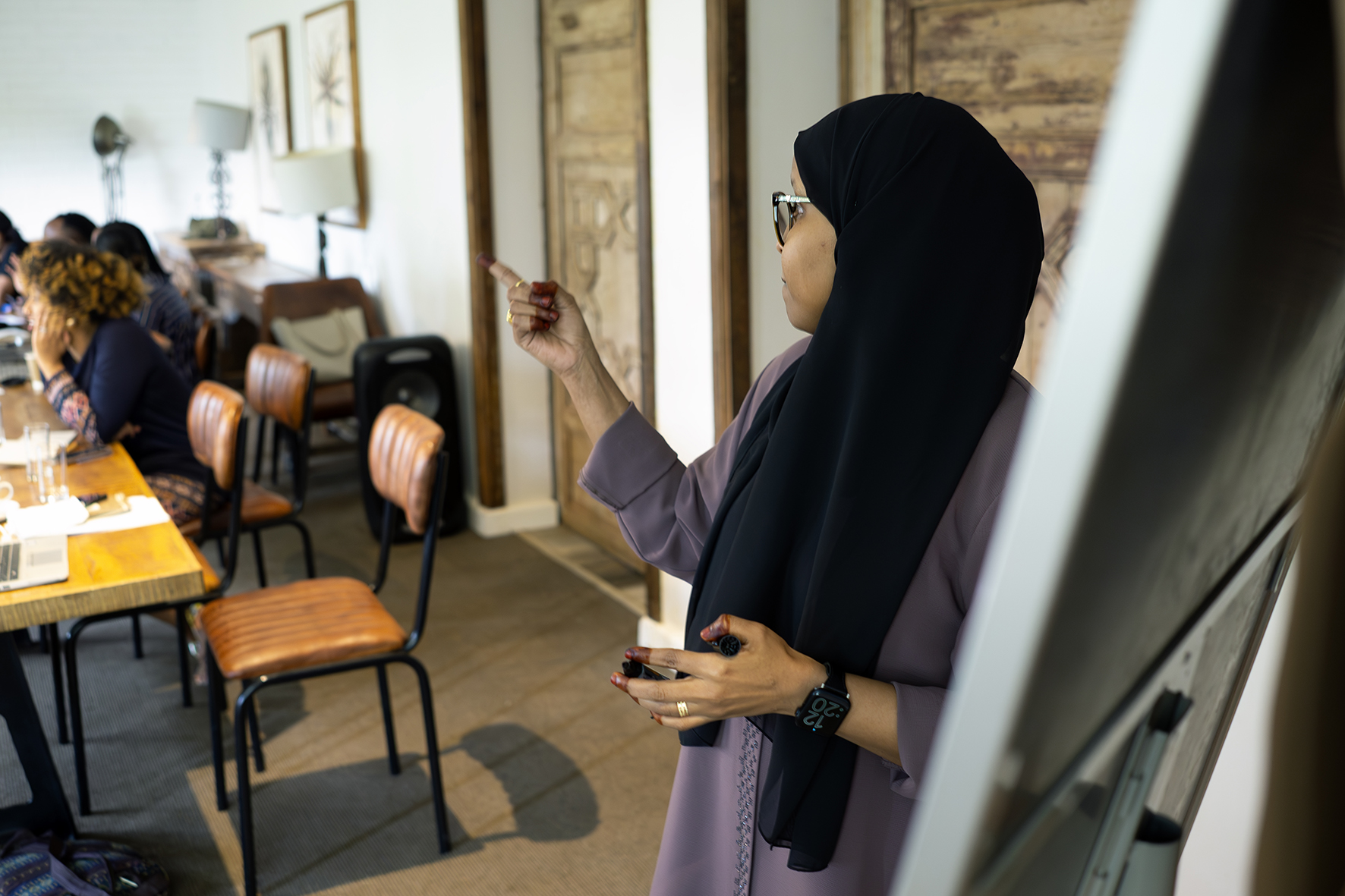
Here are 4 good pieces of life advice: Don’t take the same route home from work two days in a row. Don’t post images of your friends on social media. Never pick up your phone when receiving a direct call. Always wear shoes you can run in. These might not apply to everyone – but for a human rights defender they are survival tactics that in the worst case can be the difference between life and death.
In a room in Eastern Africa, fifteen human rights defenders are undergoing our safety training programme Champions of Change. The floor is open, and they share the things they do in everyday life to stay safe.
Tip 5: “Only communicate through encrypted channels.”
Over the past year, they have trained in psycho-social and digital security. This week, they’re diving into physical security techniques.
“You need to know taekwondo and have a knife,” says one of the participants, jokingly.
The room is filled with laughter, but the weight of their reality underpins every joke. Many participants have faced threats and harassment, with some working anonymously because it’s too dangerous to be public with what they do. Most of them know someone who has disappeared because of their fight for human rights.
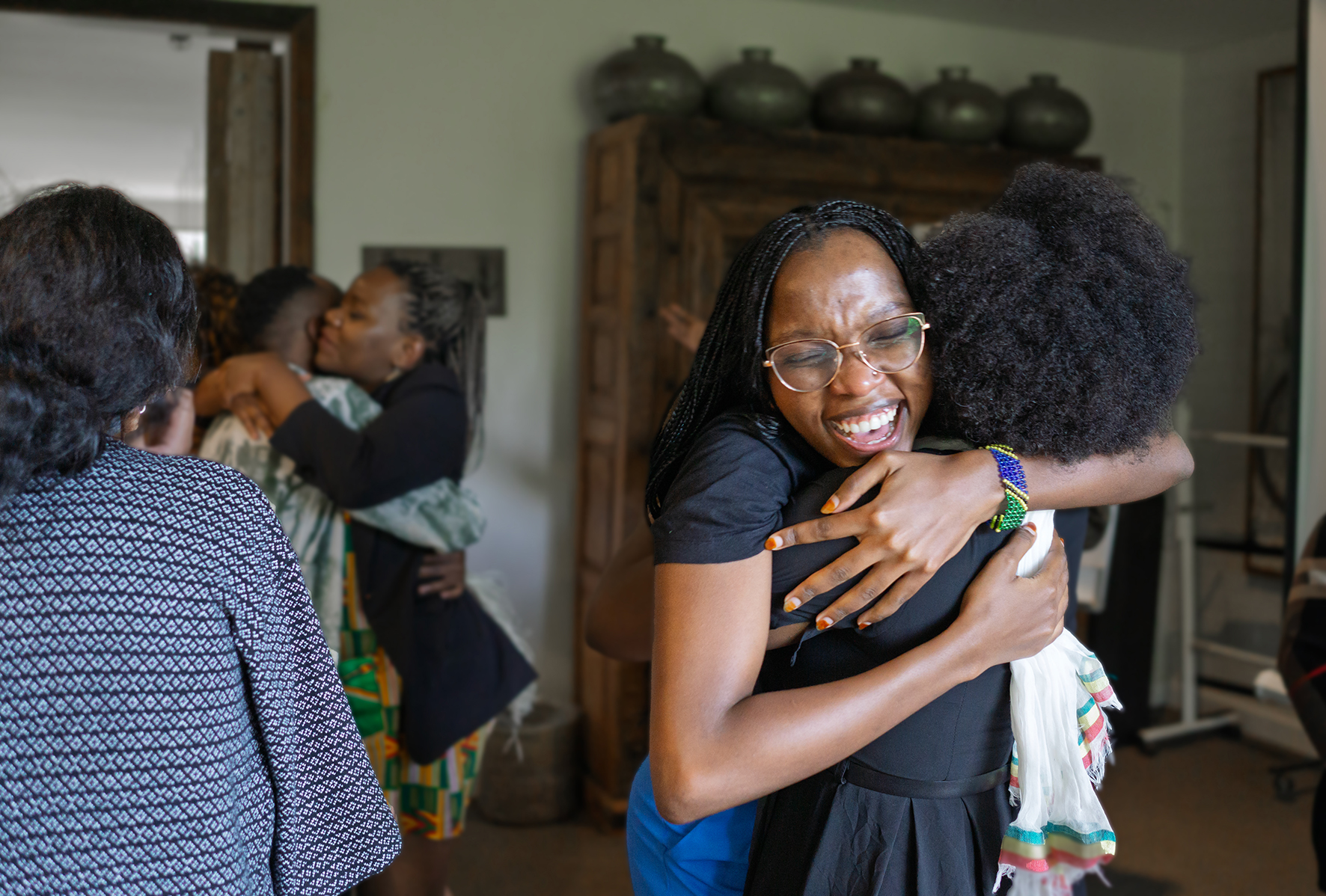
“When we protested the government, many of those who spoke out without the backing of a community simply disappeared. Even well-known human rights defenders were taken, but they were eventually returned. The lesser-known men and women, however, never came back. We do not know whether they are alive, dead, or in jail. We have not heard from them. To stay safe, you need a strong community around you,” says one of the participants from Uganda.
Tip 6: “Get to know people in media.”
And community is what Champions of Change is all about. It does not teach taekwondo nor knife handling. It is foremost about building a community of human rights defenders who have each other’s backs. Because life as a human rights defender can otherwise be lonely. Not wanting to jeopardize the lives of the people around you can make you withdraw. Having someone wanting to do you harm can make you hide.
Tip 7: “Find a side hustle. Be known as a chef, a cleaner, a hairdresser – not as a human rights defender.”
The participants are also trained in risk assessments, security planning, risk reduction and – knowing when to run.
“I always wear shoes I can run in. You can never catch me,” says Itman Abdi Jama pointing to her trainers sticking out under her long dress. Itman leads the physical security training for the week. She is from Somalia and was herself trained as a security trainer with Civil Rights Defenders in 2022.
Having local security instructors is key to the programme. People from the area know the context better than anyone.
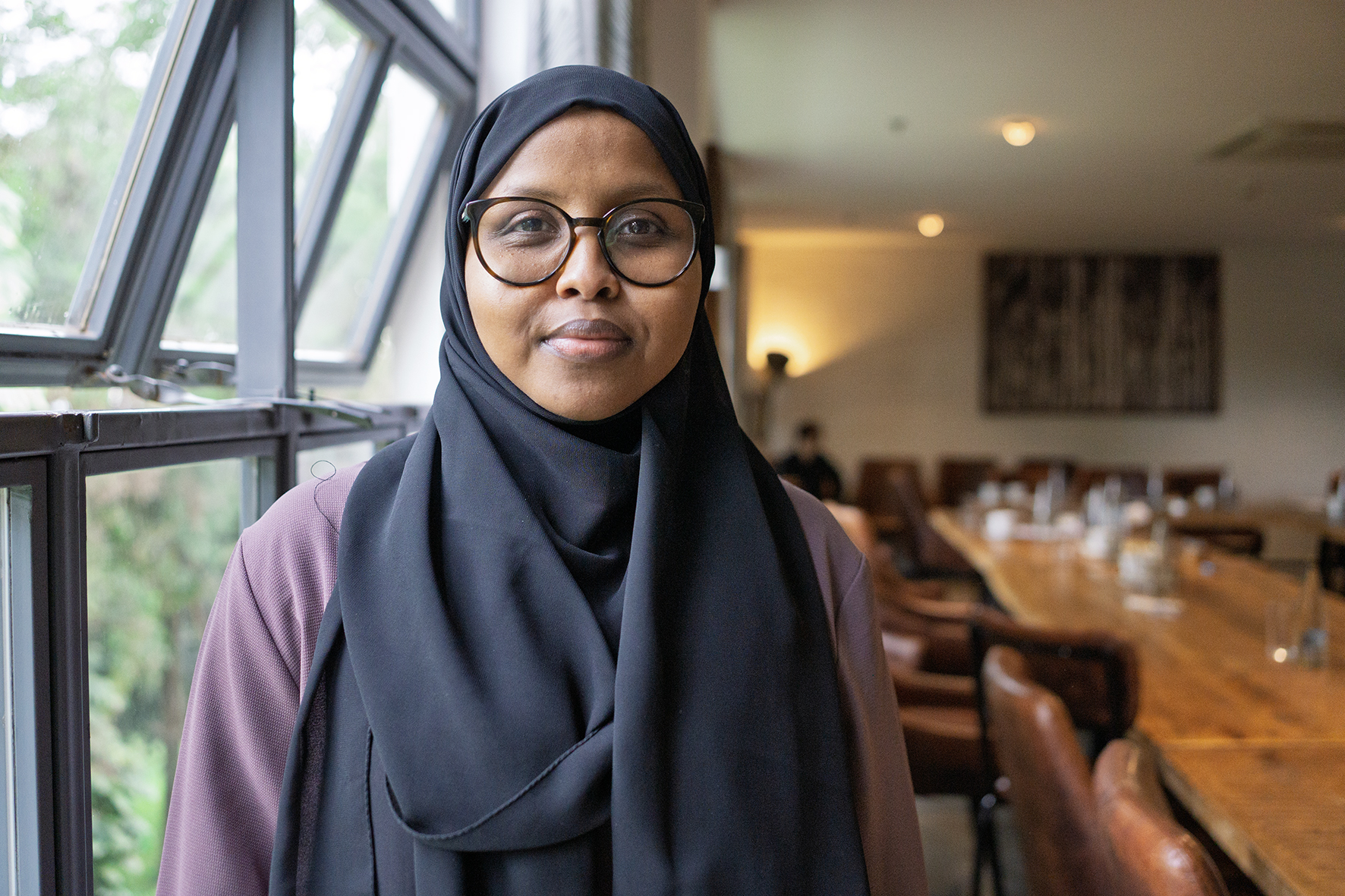
Tip 8: “Be friendly to your neighbours.”
The participants are all from different countries in East and Horn of Africa and their fights range from women’s rights or the environment to tackling enforced disappearances. And although their focuses might look different on the surface, they all face the same risks in countries where the respect for human rights is low.
“We are all at risk. Our governments are not supporting what we are doing. They are closing civil society organisations, freezing our assets. So, we are all in the same boat,” says Peter Komora, working with the environment in his community in costal Kenya.
Peter shares with the group how six men surrounded him, ready to take his life. All because he campaigned for a salt mining company to do a proper environmental impact analysis before starting operations in his community. The men, fearing his advocacy would cost them potential jobs at the company, saw him as a threat.
“Right then and there my mind went blank. I forgot everything I knew about safety strategies,” Peter recalls.
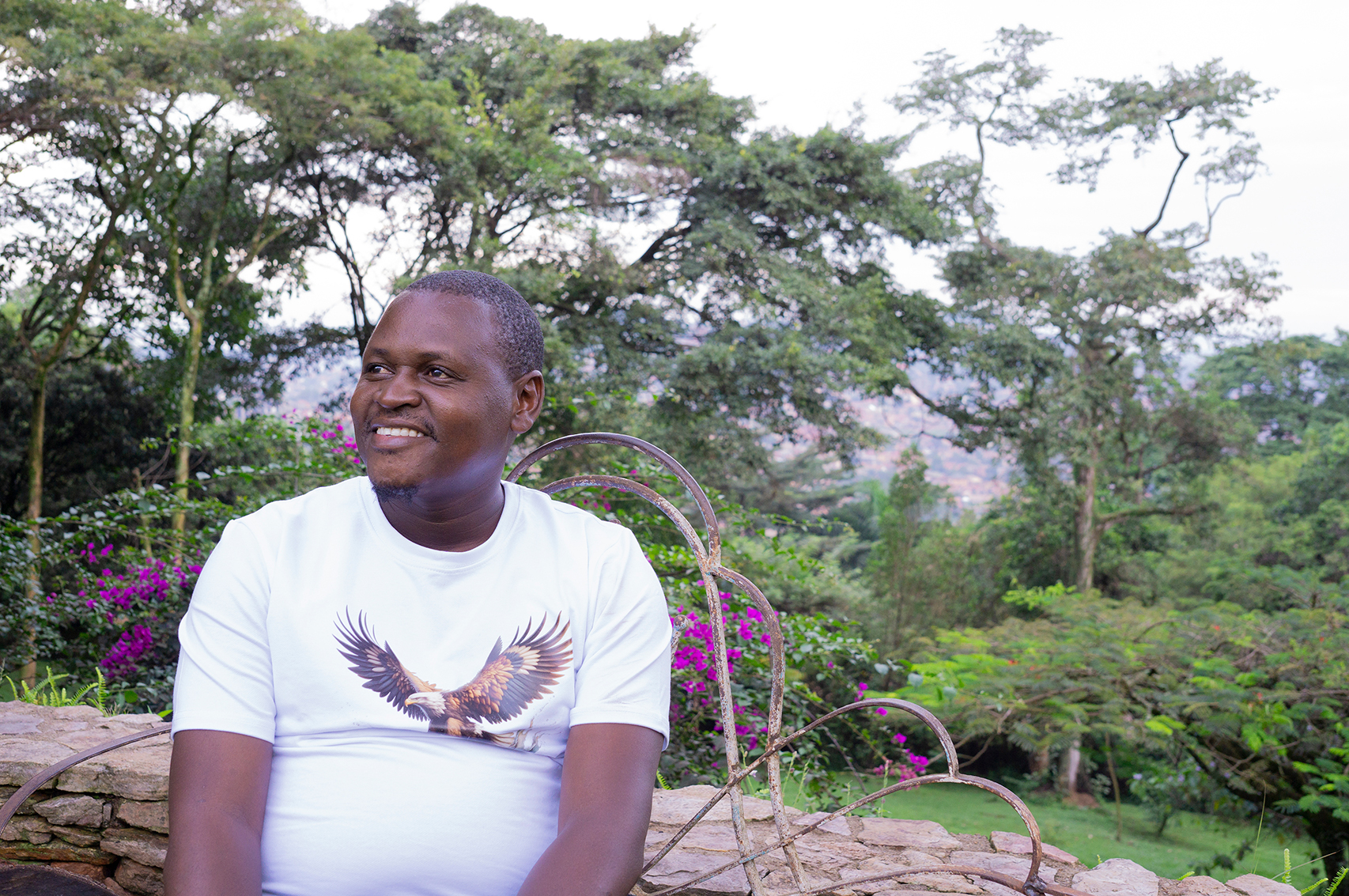
He tried to explain that he wasn’t against the mining, only that it should be done responsibly, with consideration for the local environment. After deliberating for a while, the men let him go. The vote to kill him ended in a tie—three for, three against.
Later that night, however, the men broke into his empty home, searching for him. Peter, anticipating danger, had already sent his family to stay with relatives and taken shelter at a friend’s house. (Read Peter’s full story.)
Tip 9: “Don’t drive a red car.”
After three days together in a conference room the programme is coming to an end. But their fights for a better future will continue. With the support of each other.
“One of the key take-aways from this workshop is that we are not robots. We need to put our security, our safety, our lives, a priority. Because how would we support our community if we die today? This team is very strong. It has a lot of knowledge and experience. It is a team that is going places as long as we continue cooperating, if we continue holding each other’s hands,” says Peter Komora.
Tip 10: “Surround yourself with people you trust.”
The Champions of Change programme was a one-year programme organised by Civil Rights Defenders and the East African organisation Zengwe Hub during 2024. It aimed at strengthening the security capacity of human rights defenders in the East African region. It was funded by the Swedish Institute.
